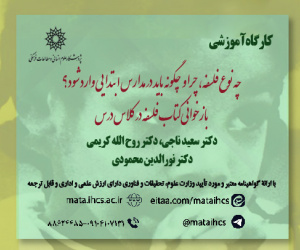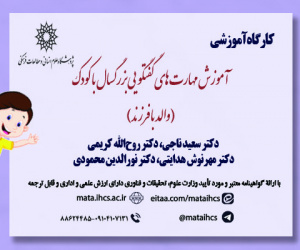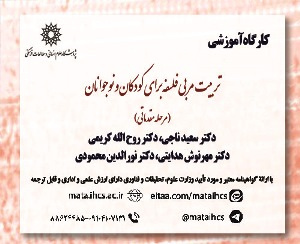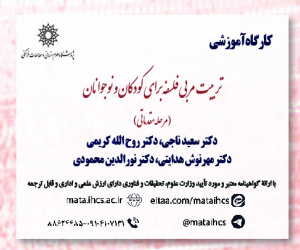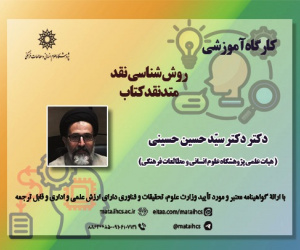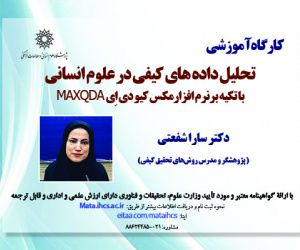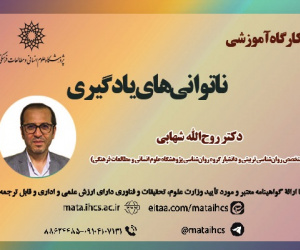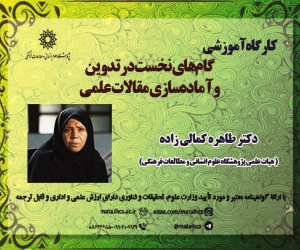حکمرانی فرهنگی در خوانش دینی آیت الله مصباح یزدی (مقاله پژوهشی حوزه)
درجه علمی: علمی-پژوهشی (حوزوی)
آرشیو
چکیده
این مقاله به دنبال پی ریزی الگویی برای حکمرانی فرهنگی در دولت اسلامی است؛ به طوری که این الگو، دربرگیرنده شاخص هایی باشد که هویت رویکرد دینی را به حکمرانی فرهنگی نشان بدهد و گونه ای نظریه پردازی اسلامی در این گستره به شمار آید. کوشش شده است با تکیه بر آثار آیت الله مصباح یزدی، گروهی از تدبیرها درباره حکمرانی فرهنگی ارایه شوند تا از آن ها به عنوان نسخه حکمرانی استفاده شود. در این مقاله از روش تحلیل محتوای کیفی استفاده شده است. یافته هایی که در این هندسه، صورت بندی شده اند عبارتند از: برآمدن «امر فرعی و امر اصیل» از منزلت فرهنگ، برآمدن «تساوی و ترجیح» از دیگری های فرهنگی، برآمدن «بی طرفی و مسئولیت» از نقش آفرینی دولت، برآمدن «تکثرگرایی و انحصارگرایی» از منبع تجویز، برآمدن «مصالح مادی و مصالح معنوی» از آزادی، برآمدن «زور و زمینه سازی» از سازوکارها، برآمدن «حریم خصوصی و حریم عمومی» از گستره تدبیر، برآمدن «اقلّی و اکثری» از جامعه مدنی و برآمدن «دینی و سکولار» از همبستگی.Cultural Governance in Ayatollah Mesbah Yazdi’s Religious Readings
This article seeks to establish a model for cultural governance in the Islamic state so that this model includes indicators that show the identity of the religious approach to cultural governance and is considered a type of Islamic theorizing in this area. An attempt has been made to present a group of measures on cultural governance, relying on the works of Ayatollah Mesbah Yazdi, to be used as a governance prescription. In this paper, the qualitative content analysis method has been used. The findings formulated in this geometry include, the emergence of “subsidiary and primary” from the status of culture, the emergence of “equality and preference” from cultural others, the emergence of “neutrality and responsibility” from the roleplaying of the state, the emergence of “pluralism and exclusivism” from the source of prescription, the emergence of “material and spiritual interests” from freedom, the emergence of “force and groundwork” from mechanisms, the emergence of “private and public privacy” from the scope of planning, the emergence of “minority and majority” from civil society, and the emergence of "religious and secular" from solidarity.

